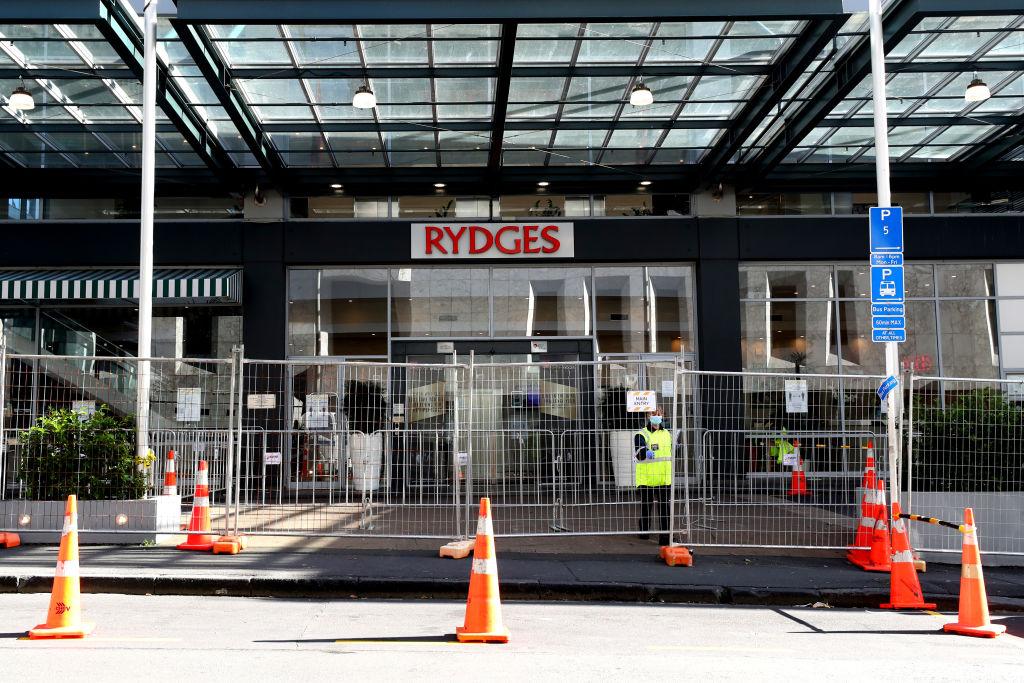An internal memo dating back to Nov. 12, 2021, from the New Zealand Ministry of Health advised officials that there was no longer any justification to continue the country’s Managed Isolation and Quarantine (MIQ).
The advice from the memo, obtained by RNZ, was not adhered to, with the winding down of the quarantine system beginning three months later on March 10.





